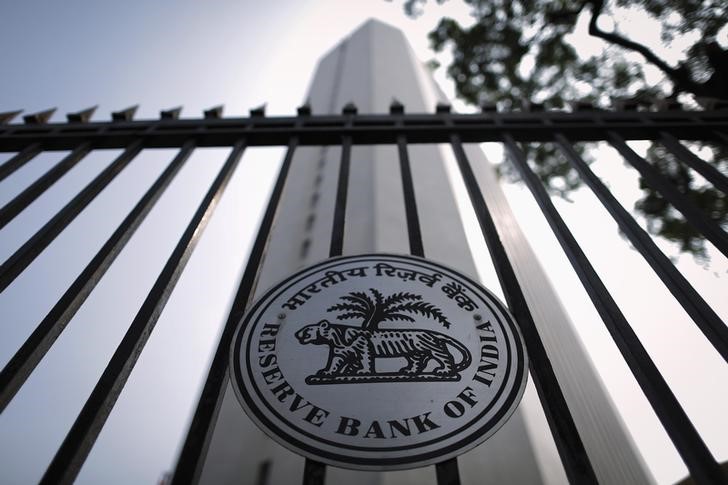Austria’s Raiffeisen scraps Oleg Deripaska asset swap deal
Unlock the Editor’s Digest for free
Roula Khalaf, Editor of the FT, selects her favourite stories in this weekly newsletter.
Austria’s Raiffeisen Bank International said it had decided to “walk away” from a deal involving holdings of sanctions-hit Russian oligarch Oleg Deripaska following pressure from regulators and western governments.
The lender, which is still operating in Russia, said on Wednesday it was no longer pursuing an asset swap plan announced in December involving Deripaska’s 25 per cent shareholding in the Austrian construction giant Strabag.
“In recent exchanges with the relevant authorities, RBI has been unable to obtain the required comfort in order to proceed with the proposed transaction,” the Vienna-based bank said.
It added: “In an abundance of caution, the bank has decided to walk away from the deal.”
Through a series of interrelated transactions and shifts in ownership, RBI hoped to acquire the Strabag shares owned by Deripaska in return for some of its assets in Russia. Raiffeisen is now the western bank with the largest presence in the country.
The bank has repeatedly insisted the transaction would not fall foul of sanctions restrictions on Deripaska, one of the first oligarchs friendly to Russian President Vladimir Putin to be hit by punitive economic measures in Europe after Moscow’s war in Ukraine.
RBI has come under increasing pressure from regulators and foreign governments after raking in profits from its Russia division as rivals pulled out in the wake of Moscow’s full-scale invasion of Ukraine in February 2022.
Its profits are however trapped in the country under legislation introduced by the Kremlin, and any attempt to sell its local business will require presidential authority and would likely involve a steep loss. The Deripaska deal was an attempt to repatriate earnings to its corporate headquarters in Austria.
RBI has shrunk its lending activity in Russia over the past two years but profits have been buoyed by fees on foreign exchange transactions and the spread the bank can earn between the low rate of interest it pays to depositors and the high rate paid by the Russian central bank.
Depositors have continued to flock to the Austrian lender in Russia despite its unattractive interest rates because of its perceived status as a western haven bank.
US authorities are now closely scrutinising RBI’s efforts to wind down and sell its Russian business. Last month, the bank also said it had been instructed by the European Central Bank to speed up its withdrawal from Russia, in a move it said could derail talks to sell its highly profitable division in the country.
The Financial Times reported in April week that Raiffeisen had been posting dozens of advertisements for Russia-based jobs indicating ambitious plans to grow in the country, in an apparent contradiction of its commitment to scale back operations.
The bank said the text of the advertisements was out of date and pledged to refresh them.
Source link




